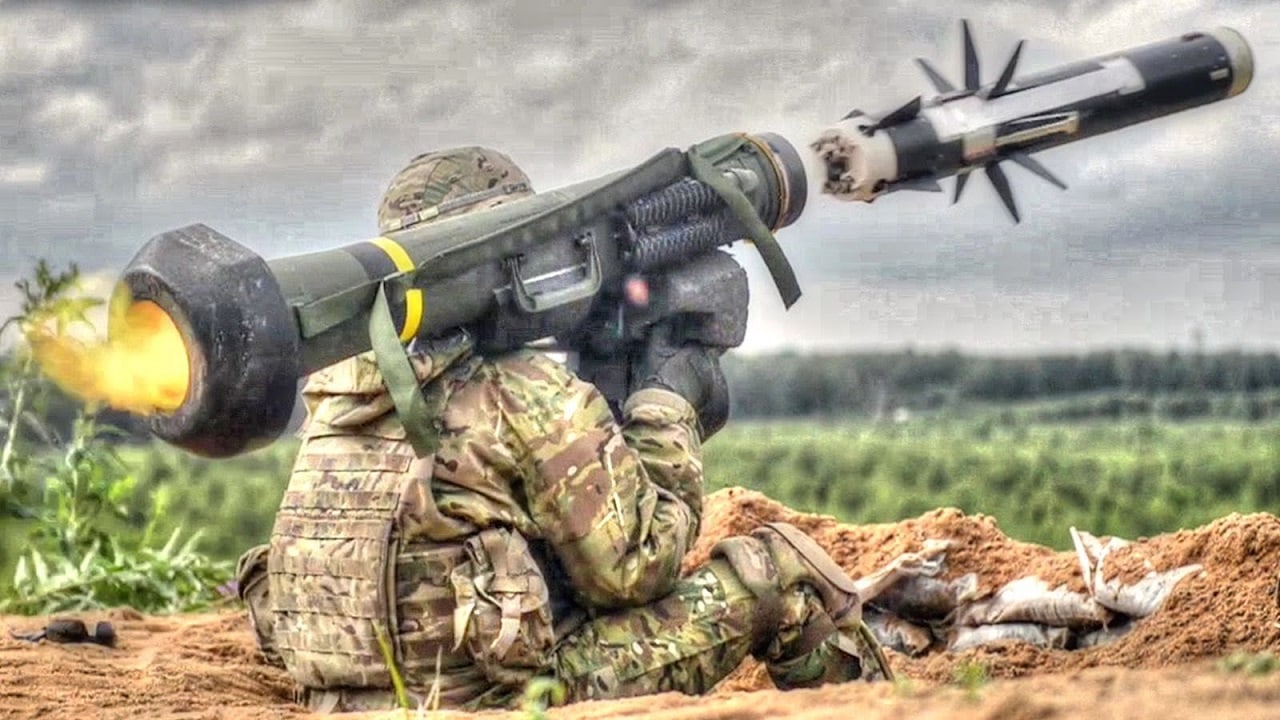Ukraine will soon get more aid from the US – President Joe Biden concluded a 56-minute telephone call with Ukrainian President Volodymyr Zelenskyy on Wednesday after confirming that the United States would contribute an additional $500 million in aid to the country as Russia shifts its troops away from Kyiv and towards the eastern region of Donbas.
During the call, the U.S. president told Zelenskyy that the United States is committed to “working around the clock” to continue providing aid to the country as the war rages through the fifth week.
“Biden spoke today with President Zelenskyy of Ukraine about the ongoing work by the United States and its allies and partners to deliver military, economic, and humanitarian assistance to Ukraine and to impose severe costs on Russia for its brutal aggression against Ukraine,” a statement from the White House confirmed.
Biden Committed to More Sanctions Against Russia
During the call, the president also reportedly updated Zelenskyy on the state of U.S. sanctions against Russia and promised to implement new sanctions in the coming days and weeks. The U.S. president also said that he will continue to take steps to stop Russia from evading existing sanctions.
Zelenskyy said on Twitter that, during the call, the two leaders discussed the “shared assessment of the situation on the battlefield and at the negotiation table” and “specific defensive support, a new package of enhanced sanctions, macro-financial and humanitarian aid.”
Zelenskyy Willing to Entertain Russian Demands
Zelenskyy also provided updates on the latest round of peace talks between Ukraine and Russia that took place in Turkey this week. Ukraine has so far suggested that they were willing to give up potential NATO membership and declare official neutrality. In a break from previous statements, however, Zelenskyy indicated that he is willing to negotiate with the Russians on the future of Crimea, the Ukrainian territory annexed by Russia in 2014.
The Ukrainian president is also reportedly willing to discuss the future of Donetsk and Luhansk, the two largely pro-Russian provinces in the east of Ukraine that Russian President Vladimir Putin recognized as independent just days before he initiated the war in Ukraine last month.
Ukrainian Foreign Minister Dmytro Kuleba last week denied claims from Turkish President Recep Tayyip Erdogan, however, that Ukraine was on the verge of meeting Russian demands and establishing a peace agreement.
“There is no consensus with Russia regarding the four points mentioned by the Turkish president. In particular, the only state language in Ukraine is Ukrainian and will remain so. And in general, the classification of key negotiation topics into four points, or any other number, is inappropriate,” Kuleba said.
With the only demands left on the table relating to the recognition of the Russian language as the second official language of Ukraine, however, it could be that the Turkish president was more right than he was wrong last week.
Jack Buckby is a British author, counter-extremism researcher, and journalist based in New York. Reporting on the U.K., Europe, and the U.S., he works to analyze and understand left-wing and right-wing radicalization, and reports on Western governments’ approaches to the pressing issues of today. His books and research papers explore these themes and propose pragmatic solutions to our increasingly polarized society.

